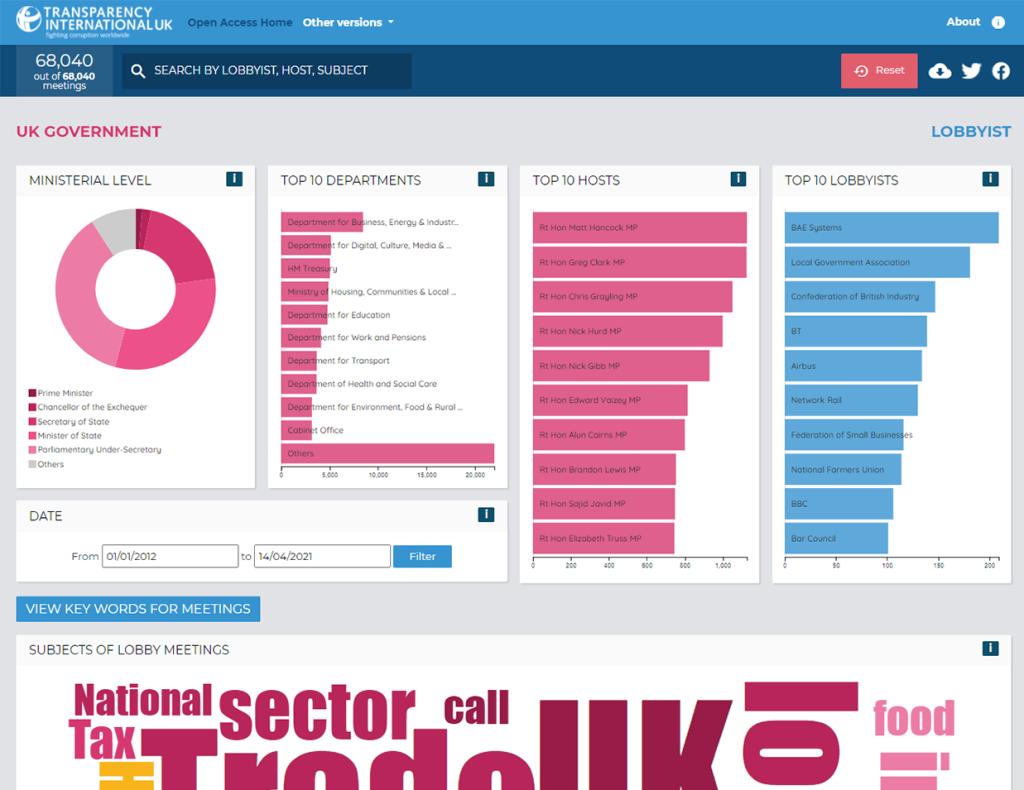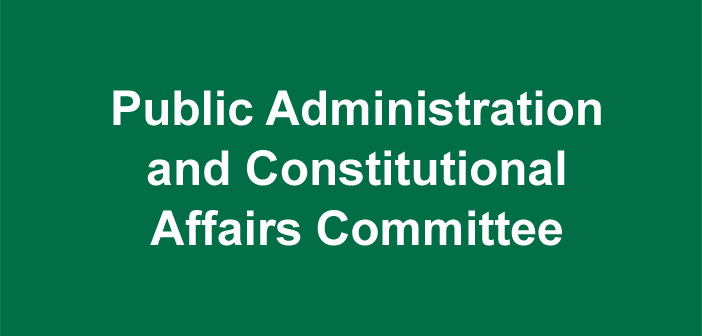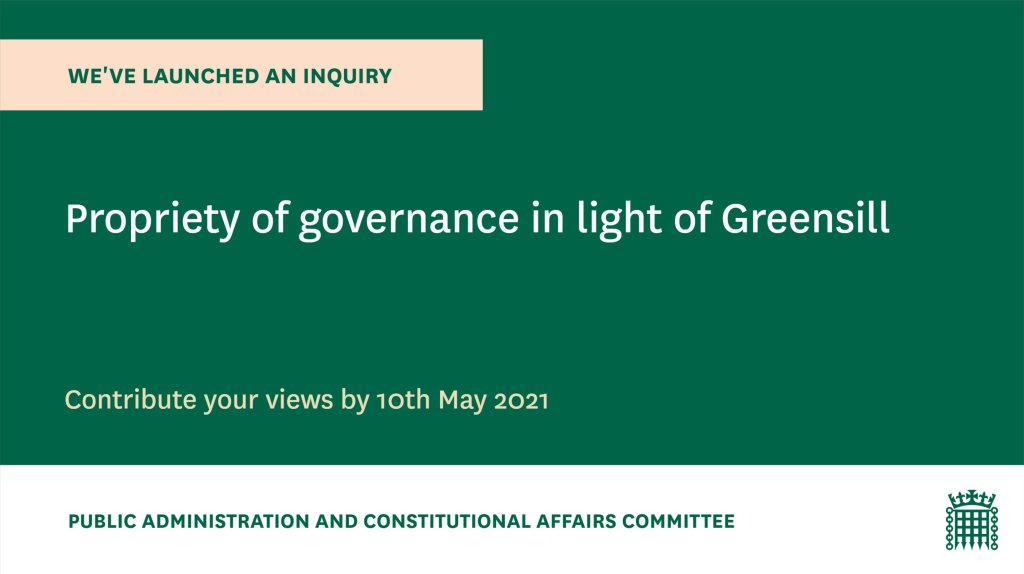
Ben Worthy examines scrutiny and transparency around local government finances, highlighting that while recent changes have made keeping an eye on local authorities’ finances more difficult there is still a degree of outside scrutiny which does have an impact.
Local authorities spend £100 bn per year, so keeping an eye on their finances is vital. Now, in the wake of Birmingham City Council’s announcement of its financial distress, and a slew of nearly bankrupt authorities, it is even more urgent. In the past few years, a black hole has opened in local government finances up and down the country, leading to services being cut and amenities disappearing. Since 2020, seven councils have issued a section 114 notice, a formal procedure signalling that income can’t meet expenditure for the next year. Many more are admitting to being in financial trouble, from Kent to Derbyshire.
But how can this happen in full public view, and in an age of transparency? Local government in the UK is subject to some of the oldest provisions for monitoring spending by public bodies, dating all the way back to the Poor Laws, the controversial pre-welfare state system of poverty relief.
Such transparency should deter poor spending in two ways: by making councils feel ‘watched’, and thus less likely to make poor spending decisions, and then catching them out if they do so. The idea that anyone can, potentially, peek at their accounts should mean local bodies spend money wisely and avoid doing anything risky or unsound.
The oldest laws concern the right to inspect accounts, allowing the public to look over council books for a limited time period. On top of this, there are rights around access to a variety of council meetings (partially thanks to a young Margaret Thatcher) and, more recently, Freedom of Information and Open Data. External private sector auditors, appointed by the council, now delve into councils’ finances and publish their findings. All these sources should make it easy to ‘follow the money’ at local level.
Legislation in England in 2014 and 2017, and equivalent regulations and laws in Wales, Scotland and Northern Ireland, went further, giving citizens and journalists the right to look over and object to audits of local government finances. It was hoped that the reforms would help create groups of ‘armchair auditors’ who would provide a regular and continual check, applying transparency pressure to local bodies. So far, so logical, and so open.
The problem is that since 2010, a number of changes, especially in England, have made keeping an eye on local government far harder.
First, the coalition government abolished the Audit Commission, the body that was supposed to appoint local government auditors and set the standards for auditors and oversee their work.
Second, the current system of private audit for local bodies that replaced it is now ‘close to breaking point’ (according to the Public Accounts Committee) – a ‘market failure, which has been worsening for five years, [that] eliminates a vital check and warning system’ (according to the Financial Times).
Finally, austerity measures and increasingly complex local government finance arrangements, where councils have been encouraged to invest in new areas, have made piecing together a clear picture of local finance almost impossible. An ‘accountability gap’ has opened up across English local government.
My current research examines who is watching local government, and who is using the right to inspect local government accounts in England (and equivalent regulations across Wales, Scotland and Northern Ireland).
From the FOI responses received so far, few people seem to be watching local government finances. The numbers formally viewing local government accounts (asking to inspect them) is very low, if not non-existent, backing up earlier work.
Most councils get zero inspections, and the most common response to my question ‘how many people asked to inspect since 2019’ was ‘zero’. One cynical reading of local financial crises is that councils can, and do, get into very dire straits simply because they know no one is watching.
However, this cynicism may be unwarranted. It could be that tools such as FOI offer a much easier, and better way in, as they allow the public to ask specific questions, rather than wade through documents. Or it could be that data are being viewed online, rather than through formal physical inspection in a council office, which the original laws implied.
It is also true that, while it is generally not used across the UK, inspection is happening in particular places. Local groups from Lambeth to Whitby have had a powerful impact using it, and this report from Research For Action shows exactly how such audit rights can be used.
Most importantly, a glance at local media shows that, even if the public aren’t using the power to formally inspect local government accounts, local journalists often are, using it regularly to generate stories. Financial data seems to be being used alongside other tools, from internal reports to external auditors, to build a picture of what is going on. They look out for delays and flag problems (even for parish or town councils).
The big question then is what impact all this has on local government and local democracy. It seems the lack of pressure means some councils do not feel deterred from financial recklessness. The lack of public interest in the accounts, and the absence of an ‘army of auditors’ could then encourage secrecy and subterfuge, as appeared to happen at Thurrock. Here the authority sought to ‘try and hide its losses in what a government-commissioned inspection described as a “dereliction of leadership”’. A series of deliberate and accidental obstacles put in the way of potential citizen auditors has also been catalogued.
Yet, on the other hand, there’s enough openness that councils are being caught out when they do badly, especially through local media reporting. Stories of ‘risky investments and poor governance’ are continually coming to light. And these stories can have political consequences – a BBC study of councils in financial trouble found that voters did actually ‘punish failing councils’.
Few people are watching local government, and the transparency and accountability is imperfect. But even a bit of watching, by the right groups, can go a long way.
By Dr Ben Worthy, Senior Lecturer, Birkbeck University.
If you have used your right to inspect, please help the project by filling out the survey here.
Originally published here https://ukandeu.ac.uk/whos-watching-local-government/











